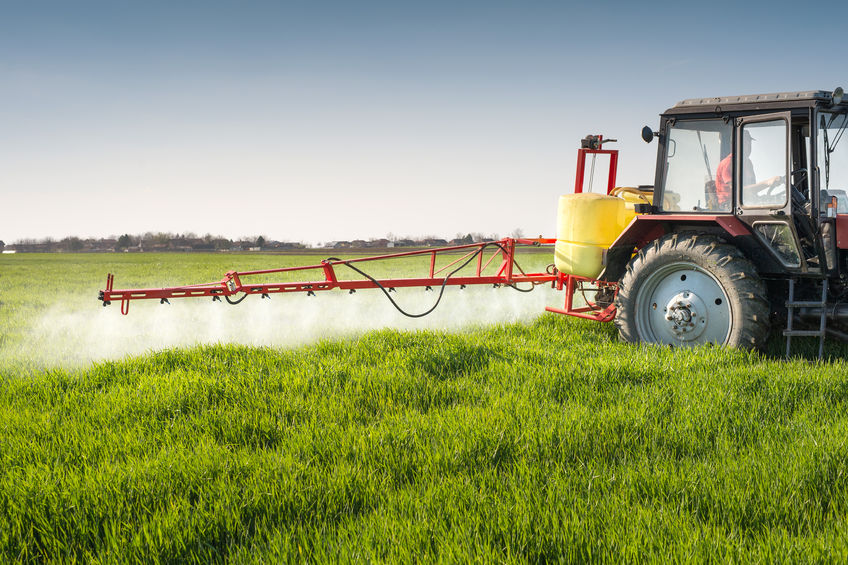
The weed-killing pesticide glyphosate, widely used in agriculture and by gardeners, "probably does not cause cancer", according to a new safety review by United Nations health, agriculture and food experts.
In a statement likely to intensify a row over its potential health impact, experts from the UN's Food and Agriculture Organization (FAO) and World Health Organization (WHO) said glyphosate is "unlikely to pose a carcinogenic risk to humans" exposed to it through food.
Having reviewed the scientific evidence, the joint WHO/FAO committee also said glyphosate is unlikely to be genotoxic in humans. In other words, it is not likely to have a destructive effect on cells' genetic material.
The conclusion contradicts a finding by the WHO's Lyon-based International Agency for Research on Cancer (IARC), which in March 2015 said glyphosate is "probably" able to cause cancer in humans and classified it as a so-called Group 2A carcinogen.
Seven months after the IARC review, the European Food Safety Authority (EFSA), an independent agency funded by the European Union, published a different assessment, saying glyphosate is "unlikely to pose a carcinogenic hazard to humans".
The differing findings thrust glyphosate into the center of a row involving EU and U.S. politicians and regulators, the IARC experts, environmental and agricultural specialists and the WHO.
Diazinon and malathion, two other pesticides reviewed by the WHO/FAO committee, which met last week and issued its conclusions in a statement on Monday, were also found to be unlikely to be carcinogenic.
The latest WHO ruling is a victory for farmers in the long-running battle to secure the future of glyphosate.
Only recently did Green MEPs report test results that confirmed the presence of unsafe levels of the weedkiller in their urine, in a bid to persuade EU MEPs to ban glyphosate.
The inspiration behind what was labelled the #MEPee test was the results of a recent study in Germany which found that 99.6% of people tested were found to have glyphosate residue in their urine.
The results reveal that every MEP tested has been found to have glyphosate traces in their urine, with the average concentration being 1.73ng/ml.
What is glyphosate?
Glyphosate is an active substance widely used in herbicides.
Patented in the early 1970s, it was introduced to the consumer market in 1974 as a broad-spectrum herbicide and quickly became a best seller.
Since its patent expired in 2000, glyphosate has been marketed by various companies and several hundred plant protection products containing glyphosate are currently registered in Europe for use on crops.
